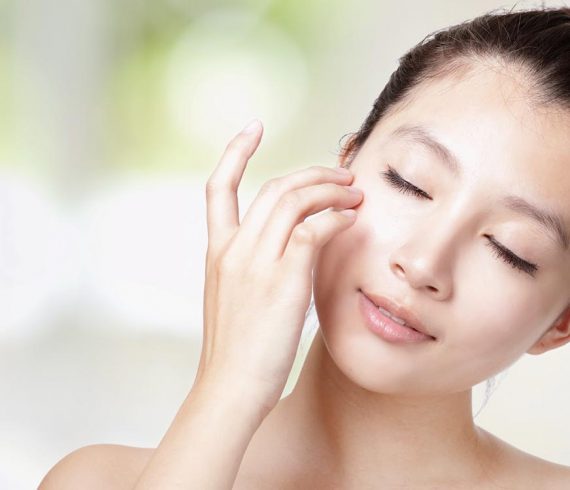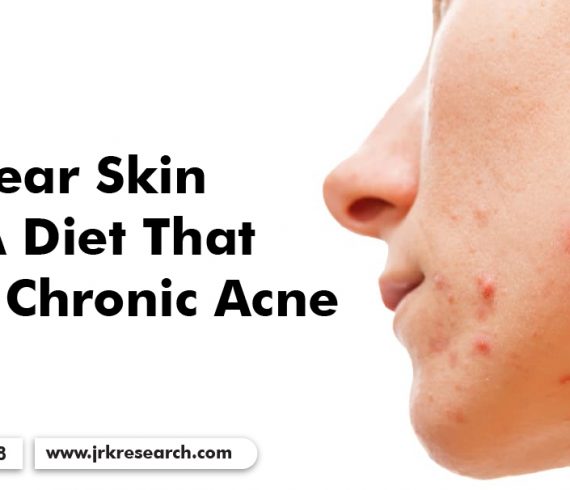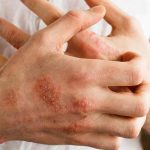

Its winter time and is not easy on your skin. We are constantly staying between the warm, heated rooms indoors and the cold, dry air outside. We also tend to wrap up more at this time of year, which can cause problems if clothes are rubbing on our skin or if we over-heat and sweat builds up.

Impact of winter weather on skin
No matter how many layers of warm clothes you wear from feet to head. When the temperatures drop, your skin moisture drops with them. Dryness is the most evident consequence of cold weather on the skin.
Skin microcirculation is also affected by the cold temperatures out there. Under low temperatures, the skin capillaries constrict in order to reduce the blood flow through the skin. It helps to maintain the body temperature and the capillaries will go back to normal after the exposure.

The impact can be even worse if you already have problems with your skin as the winter weather can trigger flare ups for many skin conditions. Below are common conditions that occur from exposure to cold air and ways that you can ease it out
Chapped lips
Nothing is worse than cracking, red, chapped lips during the winter months. Lips have a very thin layer of skin and are the most likely part of your face to dry out due to the dry winter air, wind and low humidity indoors.
Winter Itch
Do your hands and feet feel like sandpaper? That’s winter itch which happens when the skin dries out so much that it becomes uncomfortable and itchy. Winter itch is most likely to affect the legs, especially around the knees, inner thighs, and ankles.

Psoriasis
Psoriasis is a condition that is activated when the body’s defenses are alerted and your skin produces too many skin cells, which results in dry, flaky, scaly patches on the skin. The dry, cold air and decrease sunlight during winter can make the condition worse.
Eczema
Atopic eczema is one of the common Autoimmune disorder which usually tends to get aggravated in winter months. Eczema causes skin to become itchy, dry and irritated. It’s most common on the elbows, knees, hands and face. Generally the skins feels dry and Itchy. Some areas of skin become red and inflamed.
Here are some simple tips to treat them
- Remember to drink plenty of fluids so that your body stays properly hydrated
- Make sure that clothing next to your skin has a smooth texture instead of woollen or flannel material that could cause irritation
- Wear lightweight layers that you can adjust when moving into warmer or colder areas
- Take a warm bath before bed, remembering to moisturise afterwards
- Use a humidifier to make the air less drying and try not to over-heat your home
- Use moisturiser at least once a day and whenever your skin feels dry or itchy
Using skin healing moisturizer can replenish your skin’s hydration. Lippu Ointment – For Dry skin, pruritus, urticaria, geriatric skin problems, allergic skin diseases.

The effects of the above-mentioned skin conditions plus the friction of clothes against the skin can eventually damage the hydrolipidic barrier. This hydrolipidic barrier is a layer made of naturally occurring oils and lipids that are necessary to maintain skin balance and protect it from external stressors.
Pungamia glabra in Lippu Ointment naturally builds the hydrolipidic barrier with its anti-inflammatory, anti-microbial and wound healing properties

- Balances the bi-phasic (oil-water) property of skin
- Controls Trans Epidermal Water Loss (TEWL)
- Moisturizes, smoothens and revitalizes the skin
- Controls itching and thickening of skin
- Greater permeation of active ingredients in the skin
- Effective for extreme dry skin due to long retention








